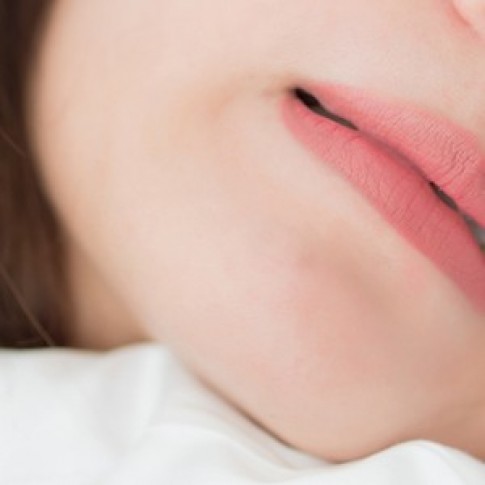Bruxism is excessive teeth grinding or jaw clenching. It is unrelated to normal function such as eating or talking.
Advices from RAY DENTAL CLINIC:
· Often take a warm bath before going to sleep
· Regularly apply warm moist compressions to the lower jaw. This will help reduce the tension of the chewing muscles.
· Minimize emotional distress and stress.
· Do not close your teeth when it is not required
· Before bedtime, listen to quiet music or read a book. Avoid exciting activities.
· Eat at night hard fruit it will force your muscles to become weary and soothe at time of your sleep.
· It is not recommended to eat foods rich in caffeine and carbohydrates. They cause excitation of the body.
From the point of view of human psychology, one can make an assumption about strong complexes at the subconscious level that cannot be realized in reality. There is some kind of inner installation unresolved in the life a person. This person tenses clenching teeth to get angry. Perhaps this is the result of being superseded by aggression. In life a person cannot always show himself to strain by biting his teeth (interference with upbringing of the etiquette of morality), conscious censor does not prevent us from dreaming, and a person can express himself more fully. At the University of Heinrich Heine in Dusseldorf, scientists conducted a study where people with a diagnosis of bruxism participated. In the process of analyzing the findings, scientists found out that the risk of developing bruxism and its intensity is not affected by age and sex or the level of well-being of the subjects, but the most important causes of this disease were the strong stress experienced during the day.

